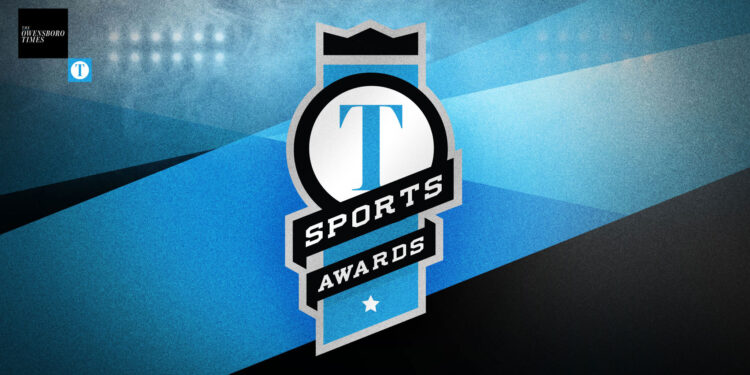A new state law aimed at curbing youth vaping will take effect on January 1. House Bill 11, which passed the legislature with bipartisan support earlier this year, prohibits the sale of flavored vaping and e-cigarette products across Kentucky. The legislation has sparked a debate between public health advocates and small business owners, who say it unfairly targets their industry.
State Rep. DJ Johnson, a main proponent of the bill, called HB 11 a “consumer protection measure” that prioritizes public health, particularly among Kentucky’s youth.
“The prevalence of vaping is one of the top concerns I hear out of schools right now,” Johnson said. “Kids – and it starts in elementary school – are not only using these devices but bringing them to school, selling them, and sharing them. According to school and public health officials, many of these devices contain THC, and all you have to do is look at them to know they are manufactured to target minors.”
Under the bill, flavored nicotine products, including popular fruity and dessert-like vape juices, will no longer be sold. The legislation allows exceptions for tobacco-, menthol-, and mint-flavored e-cigarettes that are FDA-approved.
Johnson said the bill addresses safety concerns associated with unregulated products, many of which contain unknown ingredients.
“If the FDA needs to move faster on approving products, then we need to work with them to encourage quicker approvals. Absent that guidance from the federal government, we will provide the best guidance possible to protect the citizens of Kentucky, particularly our children,” he said.
For owners and managers at Cloud Vape and Smoke in Owensboro, the legislation represents a significant threat to their business.
“This is taking out almost 95% of my daily sales,” a Cloud Vape and Smoke representative said. “The majority of our customers come in for flavored nicotine products to help them quit smoking cigarettes. We’re just trying to help people live healthier lives, but now they’re taking that option away.”
The shop’s leadership also criticized what they see as a double standard in the bill.
“Companies like Philip Morris are using their influence to corner the market with FDA-approved products, while smaller businesses like ours are being pushed out,” the representative said.
The vape shop acknowledged that the industry had a negative reputation because of issues with some operators selling to underage customers or offering unregulated products, but emphasized their commitment to running a responsible business.
“Some stores give this industry a bad reputation, and we’re working hard to change that. But this bill seems more like it’s targeting small businesses than addressing the actual problems,” the representative said.
With flavored products set to disappear, many vape shops are considering how to adapt. Cloud Vape and Smoke said they are exploring the possibility of transitioning into a smoke shop with the recent passing of SB 47, which legalized medical marijuana in the Commonwealth.
“This state is okay with marijuana and cigarettes, but they’re banning flavored vapes that help people quit smoking. It doesn’t make sense,” the representative said.
They also suggested lawmakers should address other issues, such as paraphernalia used for smoking illegal drugs, saying “If they’re really concerned about public health, why not focus on things like that?”
HB 11 was challenged in court after its passage. In April 2024, several vape shop owners, along with the Kentucky Hemp Association and the Kentucky Smoke-Free Association, filed a lawsuit against the state, arguing that HB 11 is unconstitutional.
However, in August 2024, Franklin Circuit Judge Thomas Wingate dismissed the constitutional challenge to HB 11. Wingate ruled that the regulation of these products directly relates to the health and safety of Kentucky’s citizens, a responsibility vested in the General Assembly by the Kentucky Constitution.
Johnson said he has received several emails to delay the law from going into effect, but said it’s not possible to push the start date back because the legislature won’t go into session until January 7.



